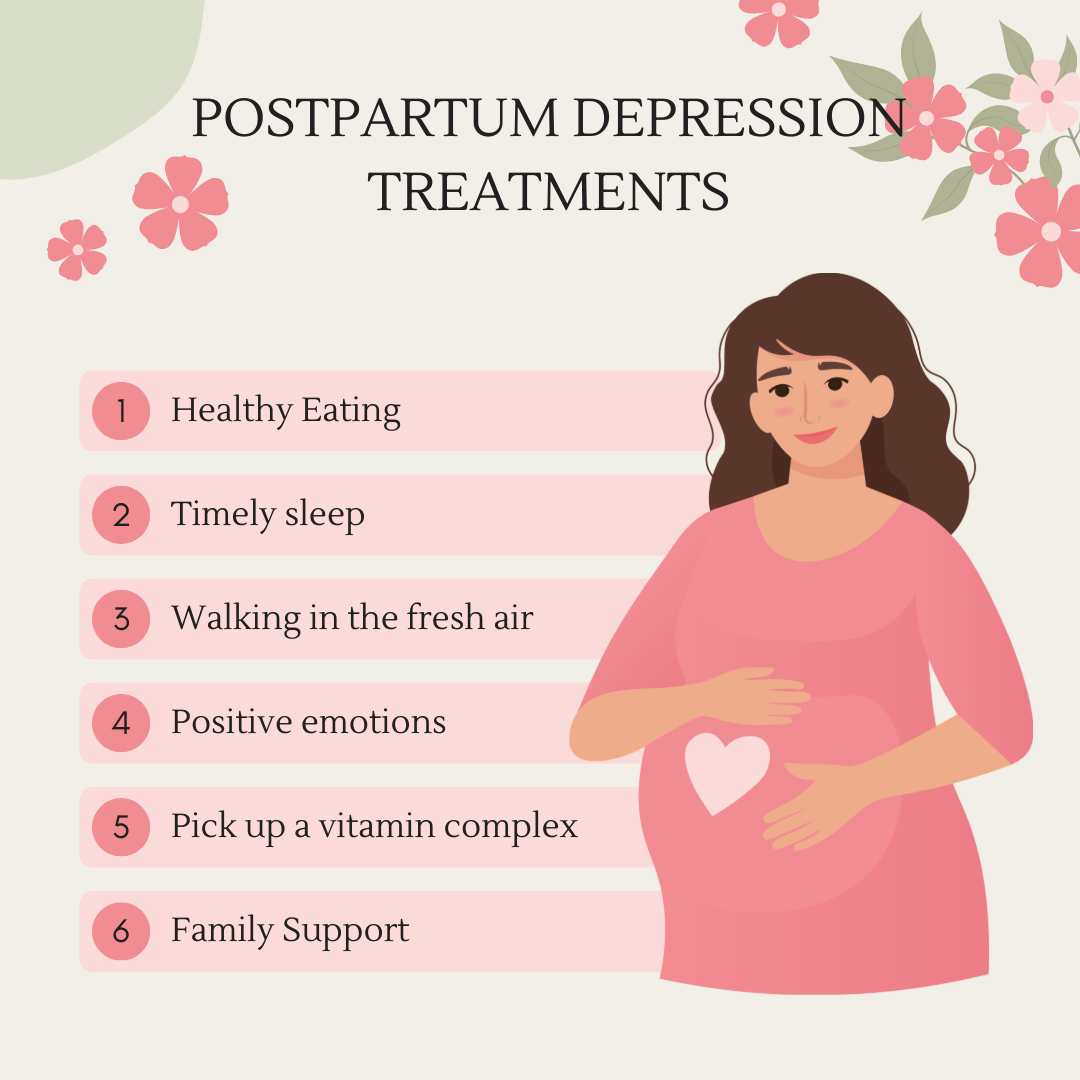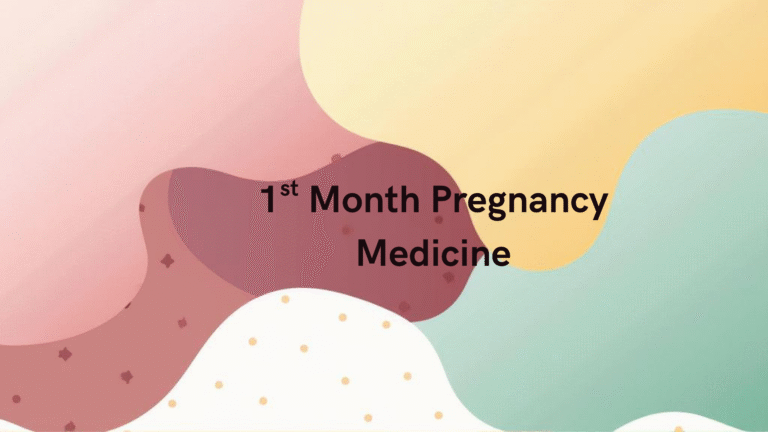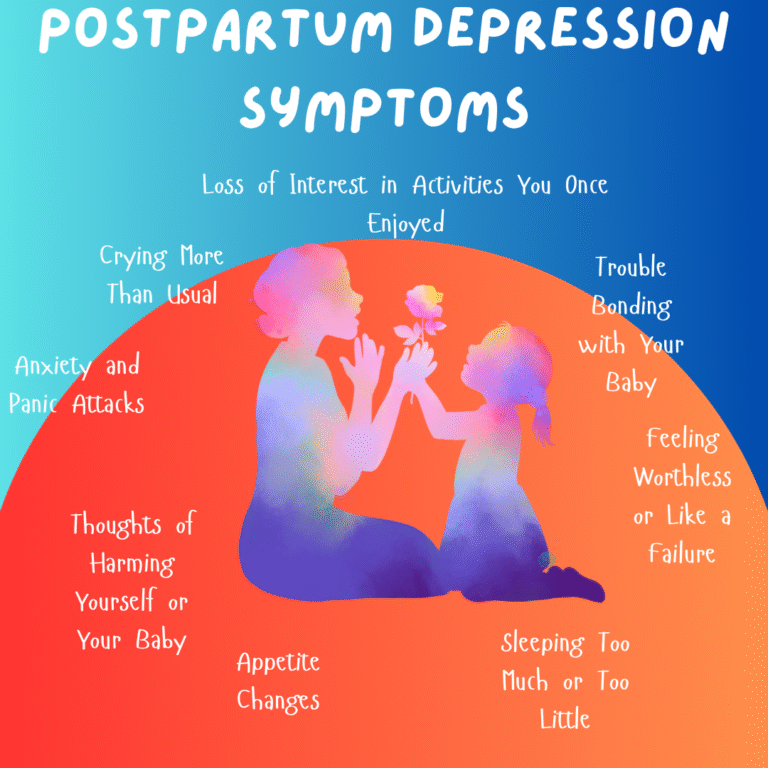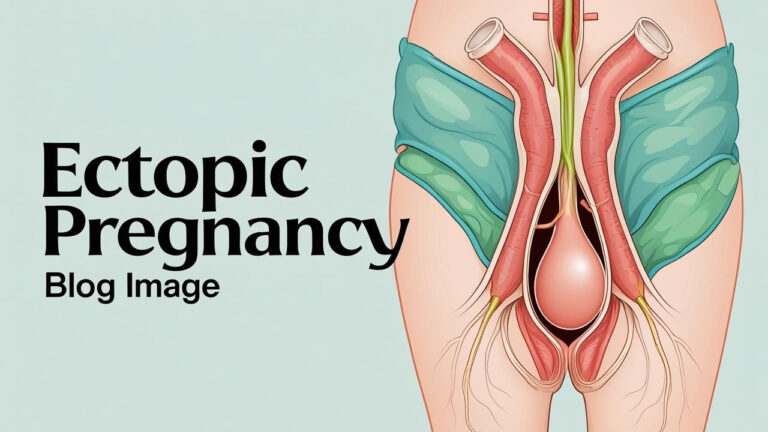
Postpartum Depression Treatments
Postpartum Depression Treatments – Bringing a baby into the world is supposed to be one of the happiest moments of a woman’s life. But for many mothers, it can also bring unexpected sadness, anxiety, and emotional heaviness.
If you’ve been feeling overwhelmed, disconnected, or hopeless after childbirth, you are not alone—and postpartum depression treatments can help you heal, physically and emotionally.
In this in-depth guide, we’ll walk you through what postpartum depression really is, how to treat it, and how it connects with other common postpartum symptoms—like fatigue, postpartum headaches, physical pain, and emotional burnout.
🌼 Understanding Postpartum Depression
Postpartum depression (PPD) is a serious but treatable mental health condition. It typically starts within the first few weeks after childbirth, though some mothers may experience it even months later. It’s different from the common postpartum blues, which usually fades within 1–2 weeks.
Common symptoms of postpartum depression:
- Persistent sadness or crying spells
- Trouble bonding with your baby
- Loss of interest in daily activities
- Severe fatigue and lack of motivation
- Feelings of worthlessness or guilt
- Sleep issues—even when the baby sleeps
- Anxiety or panic attacks
- Irritability or anger
- Thoughts of harming yourself or the baby (in severe cases)
🔗 Read our article on recognizing the early signs of postpartum depression
🧠 Proven Postpartum Depression Treatments
1. Talk Therapy (Counseling)
One of the most effective postpartum depression treatments is talk therapy, especially Cognitive Behavioral Therapy (CBT). Therapy helps you:
- Understand and manage negative thoughts
- Reconnect with your role as a mother and woman
- Set realistic expectations and boundaries
Sessions can be done in-person or online, depending on your comfort level.
2. Antidepressant Medications
If therapy alone isn’t enough, doctors may recommend antidepressants—especially if your symptoms are moderate to severe. Many medications are considered safe during breastfeeding, but always consult a doctor before starting.
3. Support from Family & Friends
Emotional support plays a powerful role in recovery. Talk to your partner, parents, or close friends. Let them help with the baby, meals, or even just listen to how you’re feeling.
🏃♀️ Healing the Body Alongside the Mind
Your mental health is deeply connected to your physical recovery. A comprehensive postpartum care plan addresses both.
Postpartum Belly Care
- A postpartum belly band or postpartum belly wrap can offer abdominal support after childbirth. It helps reduce swelling, improve posture, and supports the uterus as it shrinks back.
- A postpartum belt is especially helpful for moms recovering from a C-section, easing back pain and improving mobility.
🔗 Check our guide on the best postpartum belly wraps for Indian moms
Light Postpartum Workouts and Exercise
Engaging in gentle postpartum workouts like walking, stretching, or yoga can lift your mood. Exercise releases endorphins—your body’s natural mood boosters.
Always get your doctor’s approval before starting a postpartum exercise routine. Start small and listen to your body.
Managing Postpartum Weight Loss
It’s natural to want to return to your pre-pregnancy weight. But postpartum weight loss should be gradual. Focus on:
- Eating nutritious meals
- Staying hydrated
- Avoiding extreme dieting
- Prioritizing rest over fast results
Postpartum Massage for Mind-Body Relief
A relaxing postpartum massage can help reduce muscle pain, relieve tension, and even balance hormones. It also gives you a moment of calm—a much-needed mental break for tired moms.
🔗 Discover the benefits of postpartum massage and when to begin
⛑️ Postpartum Complications Linked to PPD
Sometimes, untreated physical conditions can worsen your mood. Be aware of these common issues that may occur alongside or trigger postpartum depression:
- Postpartum Hypertension: High blood pressure after childbirth can cause headaches, dizziness, and anxiety. It’s crucial to monitor it closely.
- Postpartum Headaches: Severe or frequent headaches may be hormonal or stress-related, but sometimes indicate something more serious like preeclampsia.
- Prolonged Postpartum Period: If your bleeding continues beyond 6 weeks, consult your doctor. Heavy or irregular bleeding can affect energy levels and increase emotional strain.
🔗 Learn more about postpartum period changes and when to seek help
📅 How Long Does Postpartum Depression Treatments Take?
There is no fixed timeline for recovery. Some mothers feel better after a few weeks of therapy and support, while others need months. The most important thing is to acknowledge how you feel and seek help early.
Don’t rush the healing process. Your emotional and physical well-being is a priority—not just for your baby, but for you too.
🫂 Is It Baby Blues or Depression?
While postpartum blues affect nearly 80% of new moms, they usually fade within 10 days. If your feelings are intense, last longer, or interfere with your daily life, you may be dealing with PPD.
🔗 Understand the difference between postpartum blues and depression
💬 Final Thoughts on Postpartum Depression Treatments : You Are Not Alone
The emotional toll of childbirth can feel isolating—but you are never alone. With the right postpartum depression treatments, support, and a caring approach to your body and mind, you can feel better.
Whether you’re struggling with sadness, fatigue, or just feeling “off,” know that help is available. From therapy and medication to self-care routines like using a postpartum belt, gentle exercise, or postpartum massage, every step you take is a step toward healing.
🌟 At PregnancyKit.in, we’re here to guide you through every stage—from your first symptom to full recovery.
🤍 Resources and Further Reading:
- 🔗 Pregnancy symptoms you should never ignore
- 🔗 What to expect during your postpartum period
- 🔗 How to support your partner through postpartum depression
- 🔗 Gentle postpartum workout plan: week-by-week
You’ve given life to a new soul. Now it’s time to take care of yours.


